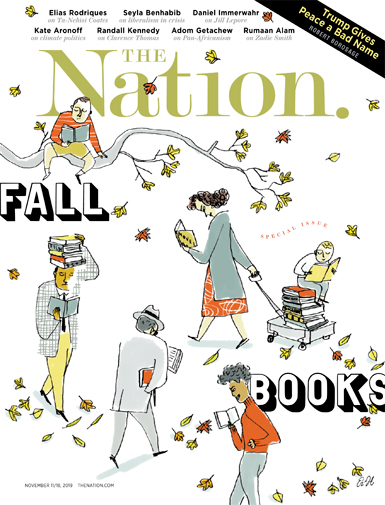 I grew up in a major East Coast city... Eventually I became very well educated—educated enough, I’m afraid to say, that I have come to understand the science of climate change. Here are a handful of cherry-picked findings from academic papers I have read on the matter, translated for the layperson with all the boilerplate prose and expert precision of an MFA graduate.
I grew up in a major East Coast city... Eventually I became very well educated—educated enough, I’m afraid to say, that I have come to understand the science of climate change. Here are a handful of cherry-picked findings from academic papers I have read on the matter, translated for the layperson with all the boilerplate prose and expert precision of an MFA graduate. And let me tell you: Things are bleak. Bleaker than any of us could have imagined. But precisely the sort of bleak that lends itself to the grand literary soul-searching readers have come to love me for. Come along with me on my journey.
You see, as someone who has spent his career beautifully digesting the finer points of meaning and existence, the climate crisis—have I mentioned how horrible it is?—is a perfect foil. My fraught relationships with my father, my religious upbringing, and/or my ex-wife were the end of the world, metaphorically speaking, for me. But here it actually is! ...
If I were capable of reckoning with macro forces like capitalism and racism, this might be an opportunity to reflect on the fact that global warming is perhaps not the product of a universally shared moral failing but of a political economy that has allowed a very small group of people to hoard incredible amounts of wealth and power, enabling them to wreck the world. But I’m mostly interested in how I fit in. I see no reason my self-loathing cannot extend outward to the rest of the globe. If there is a way out of this epic mess, it certainly must have something to do with me.
If I were capable of reckoning with macro forces like capitalism and racism, this might be an opportunity to reflect on the fact that global warming is perhaps not the product of a universally shared moral failing but of a political economy that has allowed a very small group of people to hoard incredible amounts of wealth and power, enabling them to wreck the world. But I’m mostly interested in how I fit in. I see no reason my self-loathing cannot extend outward to the rest of the globe. If there is a way out of this epic mess, it certainly must have something to do with me.
Over the last few years we have seen a veritable cottage industry of essays by novelists turned climate catastrophists:
Jonathan Franzen in The New Yorker writing on birds and how inevitable the coming collapse is,
Michael Chabon in The Paris Review lamenting that his art residency has not changed the world,
Nathaniel Rich in The New York Times Magazine offering us an obituary for climate policy-making.
The climate sad bois abound, bringing us an important truth that they believe they alone have discovered and that alone can deliver the world from catastrophe, or at least confer on them some sort of personal absolution as the planet burns. Stop hoping and start growing kale and strawberries, Franzen tells us. Make art, Chabon suggests. All of this is to say that there are a great many voices that have been missing from the public conversation about the climate crisis, but none of them are Jonathan Safran Foer’s.
Jonathan Franzen in The New Yorker writing on birds and how inevitable the coming collapse is,
Michael Chabon in The Paris Review lamenting that his art residency has not changed the world,
Nathaniel Rich in The New York Times Magazine offering us an obituary for climate policy-making.
The climate sad bois abound, bringing us an important truth that they believe they alone have discovered and that alone can deliver the world from catastrophe, or at least confer on them some sort of personal absolution as the planet burns. Stop hoping and start growing kale and strawberries, Franzen tells us. Make art, Chabon suggests. All of this is to say that there are a great many voices that have been missing from the public conversation about the climate crisis, but none of them are Jonathan Safran Foer’s.
